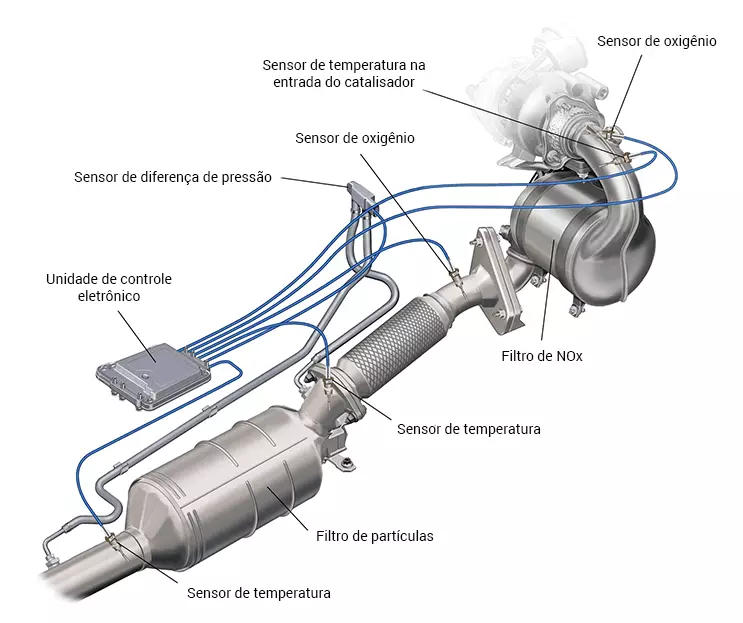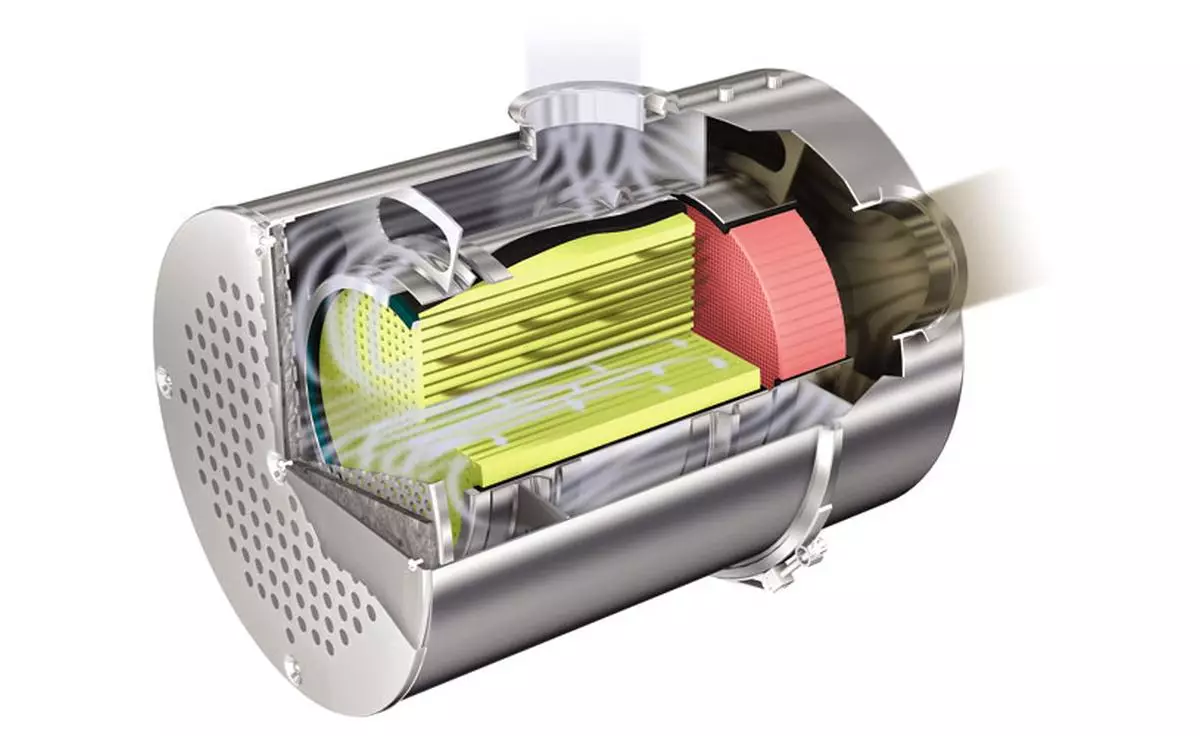From next September, all cars in the European Union, which will be launched after this date, will have to comply with the Euro 6c standard. One of the solutions found to comply with this standard is the adoption of particulate filters in gasoline engines.
Because now
The siege on emissions has been tightening more and more – and not even the ships escaped. Apart from this phenomenon, the problem of emissions in gasoline engines was also exacerbated with the democratization of direct injection – a technology that until 10 years ago was practically limited to Diesel.As you know, direct injection is a solution that has its "pros and cons". Despite increasing energy efficiency, engine efficiency and reducing consumption, on the other hand, it increases the formation of harmful particles, by delaying the injection of fuel into the combustion chamber. As the air/fuel mixture does not have time to homogenize, “hot spots” are created during combustion. It is in these "hot spots" that the infamous toxic particles are formed.
What's the solution
For now, the simplest solution is the widespread adoption of particulate filters in gasoline engines.
How Particle Filters Work
I will reduce the explanation to the essentials. The particulate filter is a component that is placed in the engine's exhaust line. Its function is to incinerate particles resulting from engine combustion.

How does the particle filter incinerate these particles? The particle filter incinerates these particles thanks to a ceramic filter that is at the heart of its operation. This ceramic material is heated by the exhaust gases until it glows. Particles, when subjected to passage through this filter, are destroyed by high temperatures.
Practical result? A substantial reduction in the number of particles emitted into the atmosphere.
The "problem" of this solution
Emissions will reduce but actual fuel consumption could increase. Car prices may also rise slightly – reflecting the costs of adopting this technology.Long-term usage costs may also increase with periodic maintenance or replacement of this component.
It's not all bad news
Particle filters have given diesel engine owners some headaches. In gasoline cars this technology may not be as problematic. Why? Because the exhaust gas temperature is higher and the complexity of particulate filters in gasoline engines is less.
That said, the problems of clogging and regeneration of the particle filter should not be as recurrent as in diesel engines. But only time will tell…

